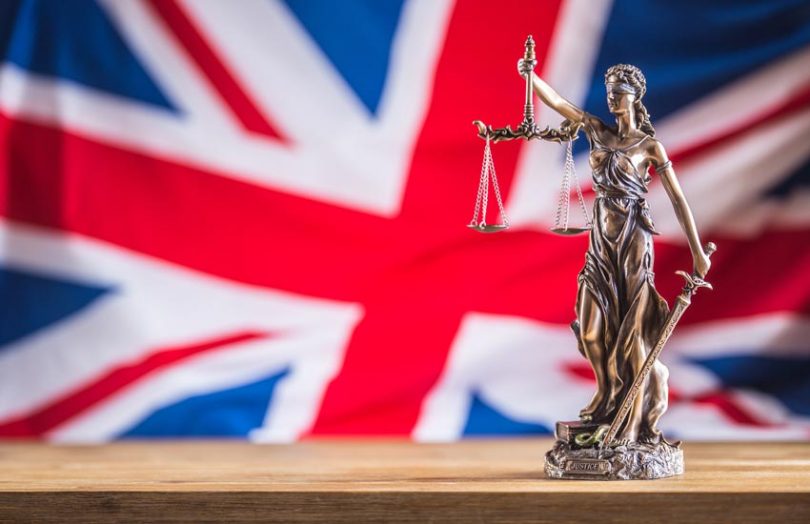Today, a legal panel headed by the Chancellor of the High Court, Sir Geoffrey Vos, issued a statement classifying crypto-assets as property in the U.K., clearing the path for businesses to use digital assets on a blockchain, reported The Times.
That clarity was the purpose behind a public consultation announced back in May when Vos stated: “The answers to those legal questions will provide a dependable foundation for the mainstream utilisation of cryptoassets and smart legal contracts.“
The ‘legal statement’ said crypto-assets “have all of the indicia of property”, giving cryptocurrencies and blockchain a legal standing similar to physical assets.
The panel also explained that “novel or distinctive features possessed by some crypto-assets — intangibility, cryptographic authentication, use of a distributed transaction ledger, decentralisation, rule by consensus — do not disqualify them from being property”.
Why does the property classification matter? Because property can be owned. And it’s usually necessary to determine the location of property in order to determine the relevant jurisdiction.
In the U.S. there has been case law in Ohio where stolen Bitcoin was classified as property as opposed to currency under an insurance contract, and the insurer was ordered to pay out.
Sir Geoffrey Vos also holds responsibility for the Business and Property Courts.
The statement was issued by the UK Jurisdiction Task Force, part of Lawtech, an industry initiative that has U.K. government backing. It aims to cement the U.K.’s role as the second biggest legal jurisdiction in terms of revenues that amounted to £26 billion ($34 billion) in 2017.
The goal is already showing some dividends in the blockchain sector. A few months back Santander issued a bond on the Ethereum blockchain. Legally the bond documentation was all UK-based, in part because the U.K. was seen as a favourable jurisdiction with greater certainty.
Last week Sir Geoffrey gave a speech referring to the statement. He said: “questions were put to a team of expert QCs and barristers asking them to deliver a definitive statement of what English law now provides in this area. The outcome is not about what they would like English law to be; it is about what they believe English law actually to be.” Hence the distinction between current law versus enacting legislation.
In a lecture at the University of Liverpool back in May, Sir Geoffrey advocated his stand for crypto-assets as property. “It is a matter of how they are regulated. As I have already said, a clear distinction needs to be drawn between the concept of crypto assets as property, on the one hand, and how they are to be regulated, on the other hand,” said Sir Geoffrey.
The statement by the panel also talks about blockchain smart contracts to “create more secure and more efficient ways of implementing — and automating the performance of — contracts between parties”. The panel said it sees a lot of potential in crypto-asset systems to revolutionise agreements such as mortgages, medical research and property ownership, with smart contacts in the background.
Law firm Eversheds Sutherland also added its perspective. “Perhaps the most welcome aspect of the report is as regards the recognition that a private key can be a signature,” said James Burnie, Head of Blockchain and Cryptoassets.
“This reflects the reality of modern-day interactions, where it is not practical to, for example, suggest that documents need a wet ink signature to be validly signed. Indeed, given the weaknesses of the traditional signature in terms of fraudulent copying, a private key that is only under one individual’s control could be better in terms of providing evidence of an actual agreement.”
Coming back to Sir Geoffrey, he refers to cryptocurrencies and blockchain tokens as crypto-assets, instead of terming them ‘digital assets’. The reason, he explains, is because crypto-assets ”directs attention to assets that are recorded on a distributed ledger, and stops short of electronic data and intellectual property.”
Update: The article has been updated to add a link to the statement and the quote from Eversheds Sutherland







